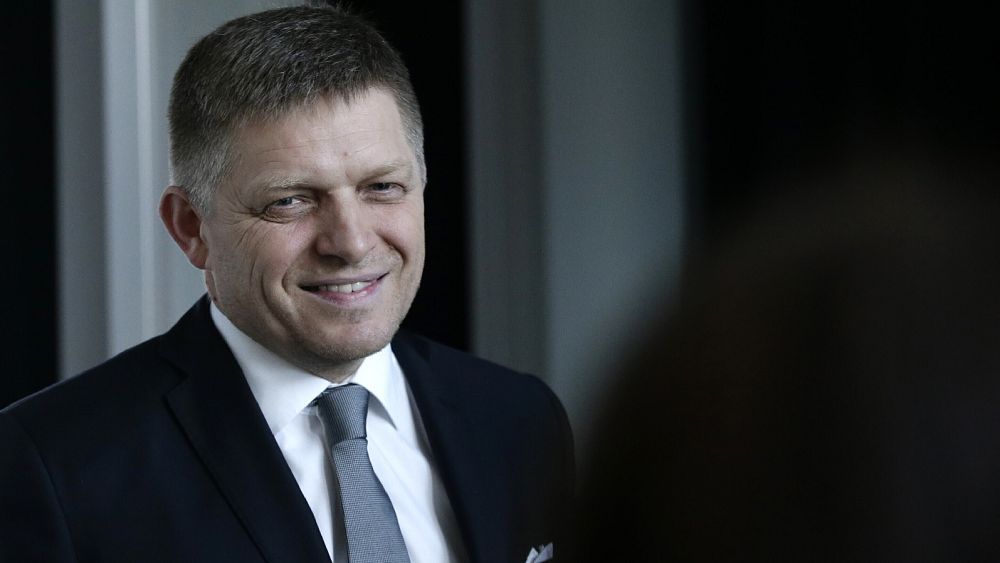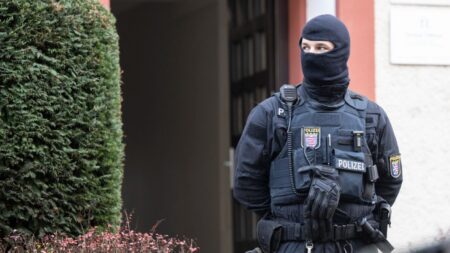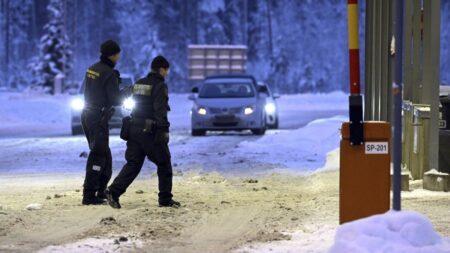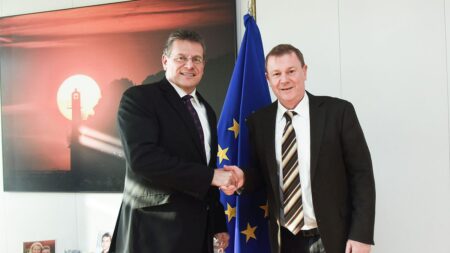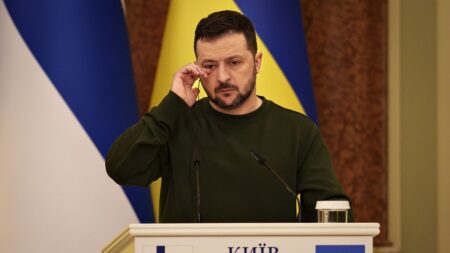Robert Fico has spoken extensively about stopping his country’s supply of weaponry to Ukraine.
After Robert Fico’s pro-Kremlin SMER party won Saturday’s parliamentary elections in Slovakia, concerns are growing in Brussels over the future direction of Slovak policy.
As a former three-time Prime Minister of Slovakia, during which he widely supported pro-EU decisions, Fico is already well acquainted with the Belgian capital.
But since then his rhetoric has changed dramatically. Fico is labelled a populist, with campaign promises that could bring him out of line with the bloc’s foreign policy, particularly when it comes to Russia’s war against Ukraine.
But before any of that can happen, Fico will have to form a coalition government, as Alena Kudzko, Vice President for Policy and Programming of Slovak think-tank, GLOBSEC, tells Euronews.
“If Robert Fico is intent to deliver on his pre-election campaign promises, it will most likely mean that it will be more challenging for the European Union to reach compromises at the EU level,” Kudzko said.
“It does not mean that Robert Fico is ready to block all the decisions when it comes to Ukraine and Russia, but he might be a much tougher negotiator and might want to have more concessions for Slovakia or for his government in exchange for supporting the foreign policy decisions that he doesn’t agree with.”
Fico resigned as prime minister in 2018 amid mass protests after the murder of anti-corruption journalist Jan Kuciak and his fiancée. A series of anti-corruption investigations followed his departure, with attempts made to bring charges against Fico, but he enjoyed parliamentary immunity. Eventually, the charges were dropped.
“His last government was full of corruption. In many cases his party was involved in the murder of the investigative journalist,” Jaromír Novak from the Slovakian Press Agency told Euronews.
“From that period, at least 40 people from his entourage, from the police, secret service, oligarchs, were either in jail or are facing justice now. So, of course, he wants to protect himself and his allies.”
Today, Slovakia is becoming a deeply polarised country. For Erik Zolcer, a Slovak living in Brussels, the election results were a disappointment.
“There have been hopes that the old system that we see in Slovakia, the system of oligarchs, of lies, of disinformation, of spreading hate, will finally end. There was some hope,” Zolcer said in an interview.
“I have no doubt in my mind that Slovakia will progress gradually towards that, but unfortunately not right now yet. And that was a great disappointment to see that it’s not happening in this round.”
If Fico succeeds in forming a government, Brussels will quickly see whether his style of populism will endure or whether he will return to a more European path.
Read the full article here


